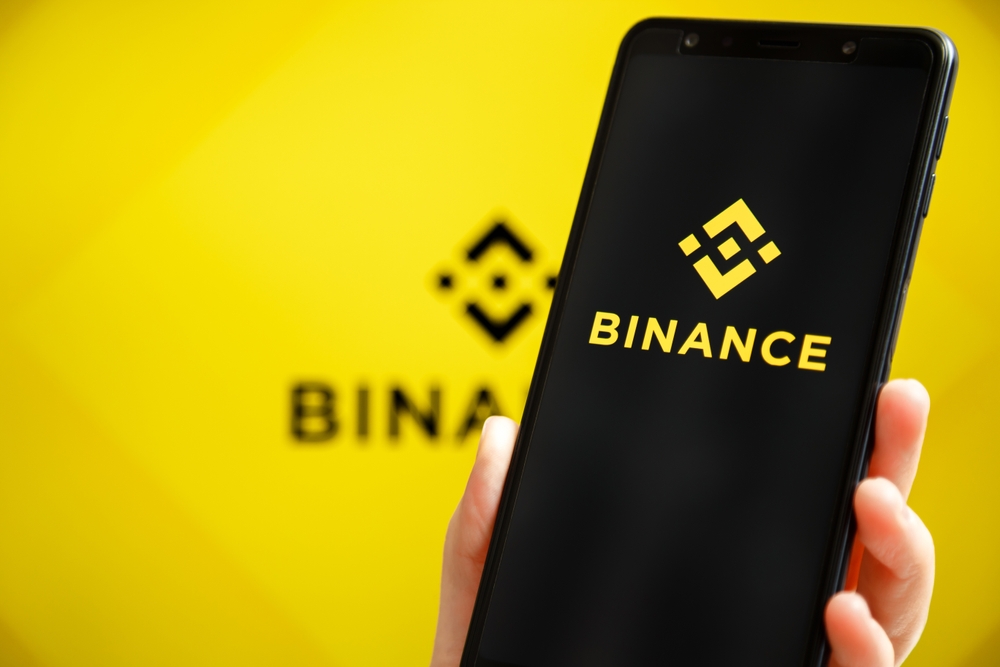
Binance has Become a Regulated Trading Platform in El Salvador
Binance exchange has scored yet another regulatory win during a period of massive turmoil. The El Salvador wing of Binance has acquired a trading license from the local regulators. Binance has announced that it has become the first-ever cryptocurrency exchange platform in the country to gain a full trading license.
Binance officials have maintained that this win may pave the way for securing its position in other territories. The global crypto exchange has earned a license from the National Commission of Digital Assets and the Central Reserve Bank.
It means that Binance now has a Bitcoin Services Provider License or BSP in Salvador. For context, it is important to mention that Bitcoin is the national currency of El Salvador alongside USD.
In addition, Binance is also Digital Assets Services Provider License or DASP holder as per the official statement and confirmation. The officials of the crypto exchange have been communicating with Salvador for months.
To this effect, Binance’s Latin American head, Min Lin has stated that the standing in the region will assist the firm in recovering losses in other foreign territories. Binance has also managed to reenter Japanese markets through its acquisition of the Sakura exchange this month.
Federal Reserve Initiates New Program to Supervise Crypto Activities
Federal Reserve has updated its policies regarding crypto regulations for banks operating under its jurisdiction. However, the new guidelines have built further upon the previous stance on the matter.
As part of its new policies, Central Banks set up a new program that will supervise the cryptocurrency activities taking place within its jurisdiction. One of the rules for banks is to apply for approval from the Federal Reserve before granting loans to crypto enterprises.
The overall structure or scope of Federal Reserve regulations for crypto services by banks has remained unchanged. However, under the new legislative stance, the Central Banking Authority is aiming to define its jurisdiction.
The new program has mandated the addition of specialized experts to join the regular regulators at the Federal Reserve concerning virtual currency activities in the banking network. Fed has also ordained that banks need to acquire a pre-approval for all enterprises that are dealing in dollar token payments.
Chamber of Digital Commerce Rebukes AML Crypto Bill
After months of delay Senator Elizabeth Warren, Senator Joe Manchin, Senator Lindsay Graham, and Roger Marshall have revived the Anti-money laundering bill for cryptocurrencies.
However, the Chamber of Digital Commerce has opposed the bill maintaining that it can hinder the progress of digital innovation in the country. At the same time, the trade association has argued that the bill can impose undue pressure for compliance on the industry participants.
The statement issued by the association highlighted that under FinCEN rules miners and validators do not qualify as financial institutions. Citing these regulations CoDC maintained that the strict regulatory requirements of the AML bill may force a brain drain in the form of departure and migration of industry innovators and leaders of this sector.
In addition to the USA, other territories are also bringing more rules on the local crypto sector. Japan introduced AML legislation for crypto entities at the start of the ongoing year. Meanwhile, other nations such as India and South Korea have also brought Anti-money laundering laws that are shaped by the FATF under its travel rules requirements.




